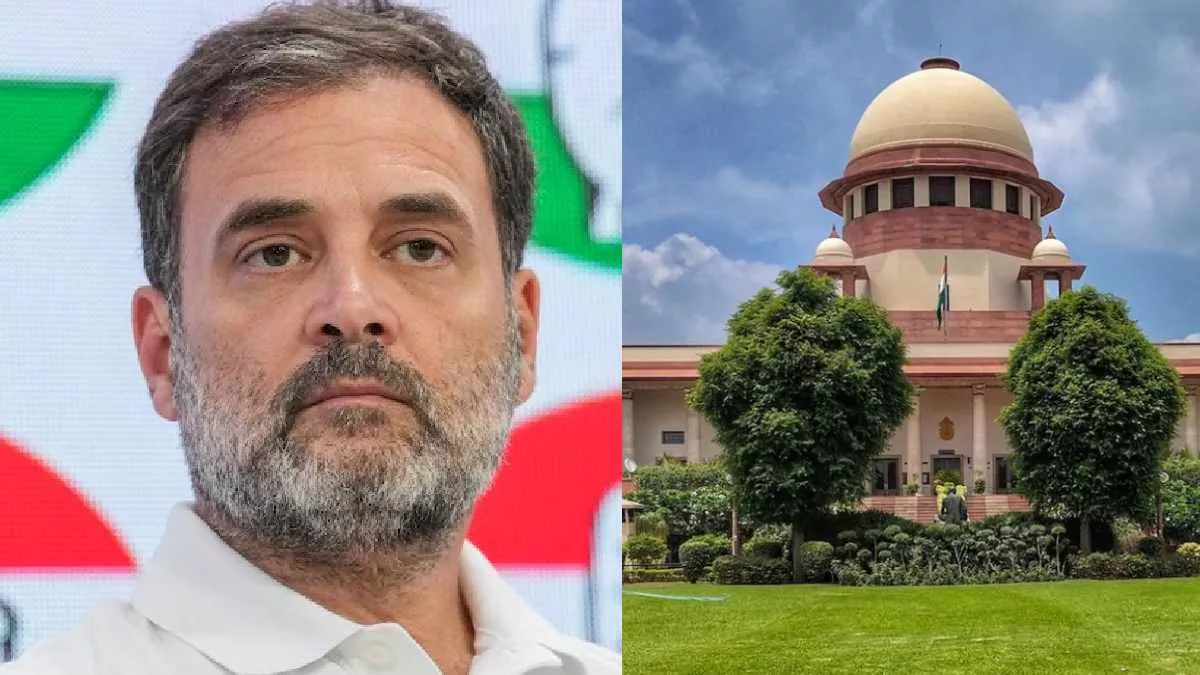New Delhi: In a stern response to remarks made about the Indian Army, the Supreme Court has strongly reprimanded Congress leader and Leader of the Opposition in Lok Sabha, Rahul Gandhi. During a hearing, the apex court questioned the basis of Gandhi’s statements, particularly his claim that China had occupied Indian territory.
The court asked pointedly, “How do you know that China has captured 2,000 square kilometers of Indian land? What is your source? Do you have solid evidence to support this claim?” The bench further remarked that if Gandhi considers himself a true Indian, such public statements against the armed forces are inappropriate and irresponsible.
“Why Not Raise This in Parliament?”
The Supreme Court further noted that such statements made amidst ongoing border tensions are ill-timed and could potentially harm national interests. “Why don’t you raise such issues in Parliament?” the court questioned. “Why resort to social media for such serious allegations?”
Advocate Abhishek Manu Singhvi Defends Gandhi
Senior Advocate Abhishek Manu Singhvi appeared on behalf of Rahul Gandhi, defending his right to speak as the Leader of the Opposition. “If he can’t raise these concerns, then what is the point of holding such a position?” Singhvi argued.
However, the court responded sharply, reiterating that Parliament—not social media—is the appropriate forum for such discussions.
Background: The Controversial Statement
The controversy stems from comments made by Rahul Gandhi during the 2022 ‘Bharat Jodo Yatra.’ Referring to the India-China standoff in the Galwan Valley, Gandhi had said, “People will ask all sorts of questions about the Bharat Jodo Yatra, but no one questions how Chinese soldiers beat up our troops.” He also alleged that China had occupied Indian territory, a claim that sparked widespread criticism.
The Supreme Court’s remarks have added legal weight to the political storm, emphasizing that public figures, especially those in high office, must exercise restraint and responsibility while commenting on national security matters.


